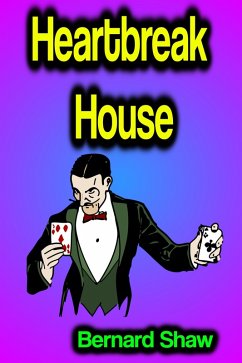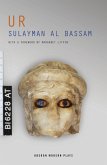Heartbreak House Bernard Shaw - This vintage book contains George Bernard Shaw's 1919 play, "Heartbreak House: A Fantasia in the Russian Manner on English Themes". Ellie Dunn, her father, and her fiancé attend one of Hesione Hushabye's notorious dinner parties. However, Ellie's partner is a rake, her father is an idiot, and she has amorous feelings for Hesione's husband. It is an adventurous farrago of comedy, tragedy, and satire that can only lead to disaster. George Bernard Shaw (1856 - 1950) was an Irish playwright who co-founded the London School of Economics. Many antiquarian books like this are increasingly rare and expensive, and it is with this in mind that we are republishing this book now in an affordable, modern edition - complete with a specially commissioned new biography of the author. Heartbreak House: A Fantasia in the Russian Manner on English Themes is a play written by George Bernard Shaw, first published in 1919 and first played at the Garrick Theatre in November 1920. According to A. C. Ward, the work argues that "cultured, leisured Europe" was drifting toward destruction, and that "Those in a position to guide Europe to safety failed to learn their proper business of political navigation". The "Russian manner" of the subtitle refers to the style of Anton Chekhov, which Shaw adapts.
Dieser Download kann aus rechtlichen Gründen nur mit Rechnungsadresse in A, B, BG, CY, CZ, D, DK, EW, E, FIN, F, GR, H, IRL, I, LT, L, LR, M, NL, PL, P, R, S, SLO, SK ausgeliefert werden.









